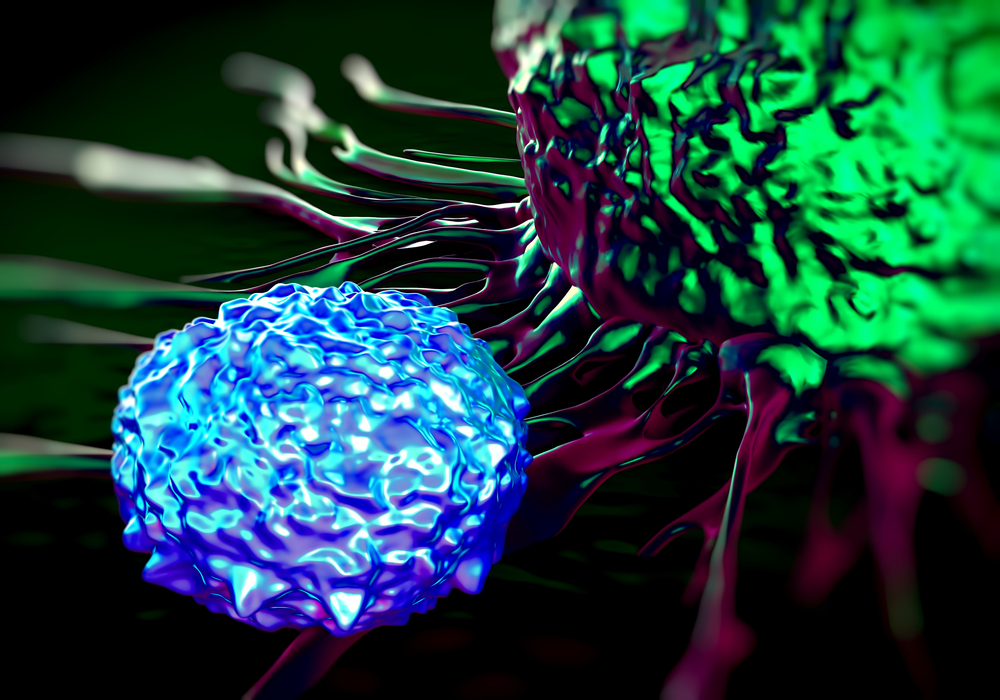New Partnership to Focus on CAR-Tregs as Potential Immunotherapy for Lupus Nephritis
Written by |

TxCell SA and Ospedale San Raffaele (OSR) announced the launch of a strategic research and development collaboration that will include efforts to treat lupus nephritis, one of the most severe complications of lupus, using TxCell’s proprietary Chimeric-Antigen-Receptor engineered regulatory T (CAR-Treg) cells, an immunotherapy.
Under the agreement, TxCell and OSR will conduct preclinical pharmacology and toxicology studies with CAR-Treg as a preliminary step to a possible clinical trial in patients with lupus nephritis.
“The R&D partnership between TxCell and the world-leading Ospedale San Raffaele is an important development for TxCell. We have already achieved very quick progress with ENTrIA, our new CAR-Treg platform. TxCell will use both the collaboration with OSR as well as guidance from our newly appointed Scientific Advisory Board to accelerate further development,” Dr. Arnaud Foussat, TxCell chief scientific officer, said in a press release. “In addition to our first program in Lupus Nephritis, TxCell expects to start two additional CAR-Treg programs later this year on the back of additional in vitro and in vivo data.”
TxCell researchers created the product candidate by engineering FoxP3-positive Treg cells with a CAR. This CAR is integrated in the binding domain of a pathogenic antibody from lupus nephritis patients.
TxCell and OSR will lead the preclinical pharmacology and toxicology studies with CAR-Treg cells to prepare for possible studies in lupus nephritis patients. At the same time, OSR will conduct research into the design and biology of other chimeric antigen receptors for use in Treg cell products for potential autoimmune indications.
The OSR team will be led by OSR’s head of the Innovative Immunotherapies Unit, Dr. Attilio Bondanza, both in the development arm of the program — CAR-Tregs in lupus nephritis — and in the research arm, CAR-Treg biology.
“We are very excited about this collaboration with TxCell, which certainly constitutes a major and unparalleled step forward towards the validation of the CAR technology outside the oncology field,” said Dr. Bondanza. “We enthusiastically accept the challenges of adapting the design of CARs to the distinctive biology of Tregs, and we are really looking forward to developing robust protocols for the production of safe and effective cellular products that may benefit patients suffering from severe autoimmune diseases such as Lupus Nephritis.”




